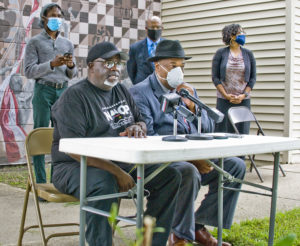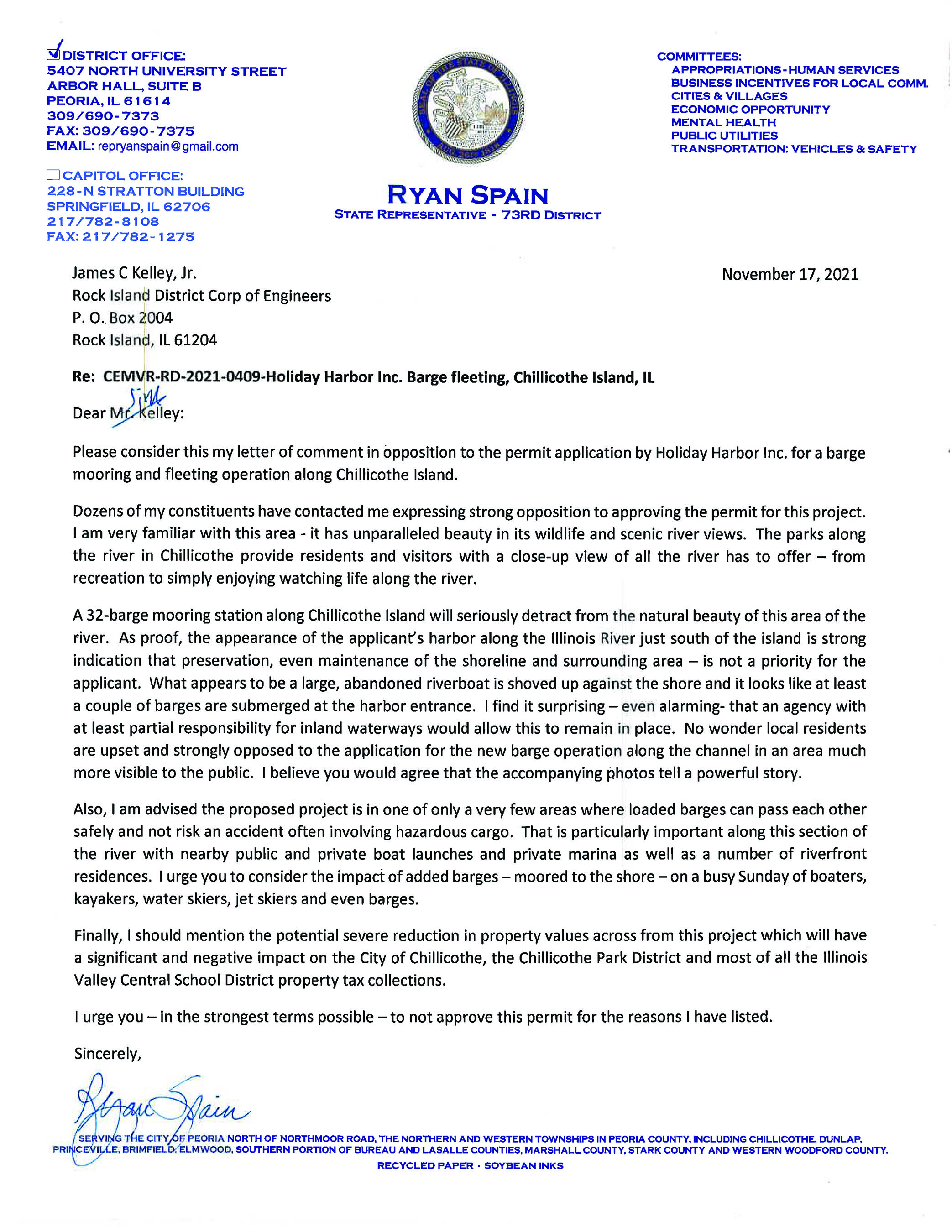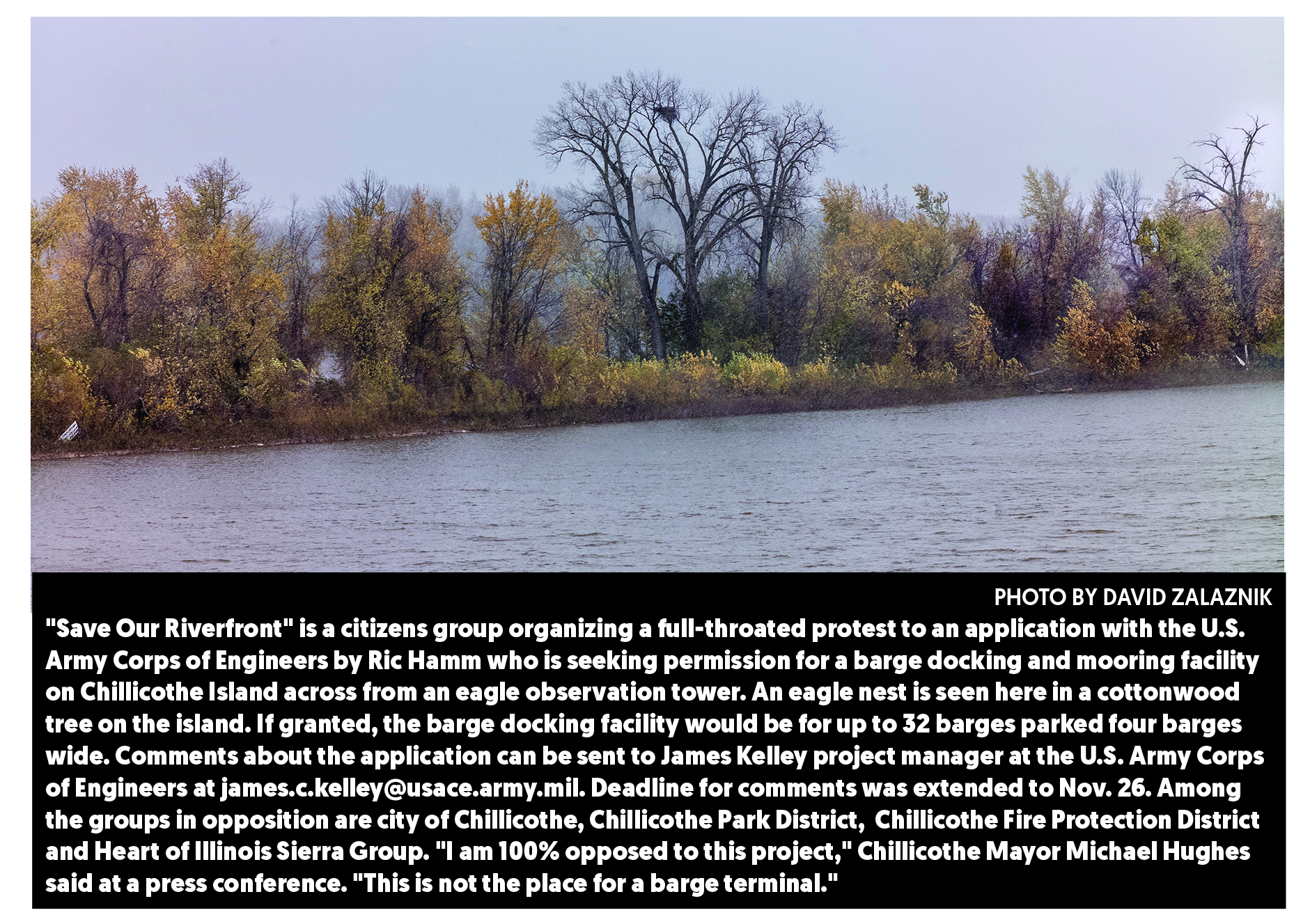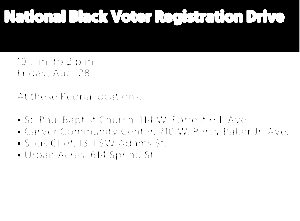Save Our Riverfront Chillicothe
Jan. 18 Martin Luther King Freedom March & Program
Peoria Public Library Hosts Winter Solstice Luminary-Lit StoryWalks at Three Locations
Peoria Public Library will host luminary-lit StoryWalks from 4 p.m. to 5:30
OPINION PIECE Attending to Each Other and Forgetting Mr. Trump
BY NICK MITCHELL
Whether Trump wins or loses, it is time to bid him farewell. National fixation on a singular point almost always leads to division amongst the people. Whether Donald Trump is re-elected or not, it is time to direct our attention elsewhere. I suggest that we direct it toward each other.
There is one factor that systematically exacerbates our vulnerability to polarization that goes relatively undiscussed – that we are altogether missing or grossly underutilizing the kinds of relationships, groups, organizations and institutions that in their very structure are resistant to polarization because of the advanced communicative technology that they rely on: face-to-face interaction. More than ever we lack relationships forged in religious communities, neighborhood schools, PTOs, local political groups, unions, book-clubs, car clubs, jazz clubs, sports clubs and leagues (you name the mode of gathering diversely in person with mutual purpose).
Many of these things still exist but in a languishing form compared to what they once were. And now instead of relying on the communication technology forged intricately within our bodies over hundreds of thousands of years, we rely on a crude and elementary form of communication so technologically undeveloped that it can capture virtually no nuance, that is, text on a screen. Face-to-face interaction via our bodies is a highly advanced and nuanced mode of communication that incorporates, tone, body language, eyebrows, mouths, tears, moans, harmony, rhythm, stomping feet and wringing hands (the list goes on). Without near the volume of this kind of interaction that we once had, we are left to build our projections of the world using the blunter and more simplistic symbols that we read and see on the screen. We pour our emotions into these simple vessels and brandish them against each other.
Human history is full of polarization because in-groups and out-groups were fashioned into our physiology as we evolved. Attempting to build a society that incorporates incredibly different people that all have what they need and feel like they belong is a species-level creative experiment. To undertake this kind of work we need our most finely tuned tools, utmost of which is face-to-face communication and its ability to illicit empathy, restraint, emotion, vulnerability, sadness, righteous anger and mutual celebration among many other relational modes that make up or contribute to the thick bonds of lasting cooperation.
There will likely be a massive rebound in socializing when we are clear of the pandemic. I suggest we channel it into building community through creating or joining groups that are diversely constituted and meet face-to-face on a regular basis. We must rebuild our ability to see each other, which is done best through the practice of seeing each other. After four years of this kind of community building, we won’t need a populist leader from either side of the aisle to either make us feel like we belong or to give us purpose via resistance; we will have already done that work for each other. This will not solve all our problems. However, it will create the civic and social infrastructure that we need to work on them together in reasonable, imaginative and democratic ways.
Nicholas Mitchell is a housing and community development professional and a perpetual graduate student studying social, political and religious ethics. Nick and his partner live in Peoria and have two dogs and two sons.
Register to VOTE!
Juneteenth 2020
Peoria African American Leaders urge end to violence at same time president urges governors to use force
At a Monday press conference, the Rev. Marvin Hightower, president of the Peoria chapter of the NAACP, urged an end to the violent protests that have gripped Peoria and the country following the police killing of George Floyd, an African American man in Minneapolis.
Hightower said it’s right to be angry but don’t lose focus on the bigger issue to end institutional racism and the criminalization of Black men.
At about the same time the Peoria NAACP was holding its press conference, President Trump was on a call with the nation’s governors. People listening to the conference call were becoming alarmed, Tweeted Robert Costa of the Washington Post. Trump urged the governors to take back the streets, not be “weak” and to use force as the nation faces growing racial unrest.
Sincere Williams, one of the organizers of a peaceful protest in Peoria on Saturday with 1,000 people, urged citizens to push for legislative action.
Rev. Hightower said, “We are done with dying. Vote in November.”





